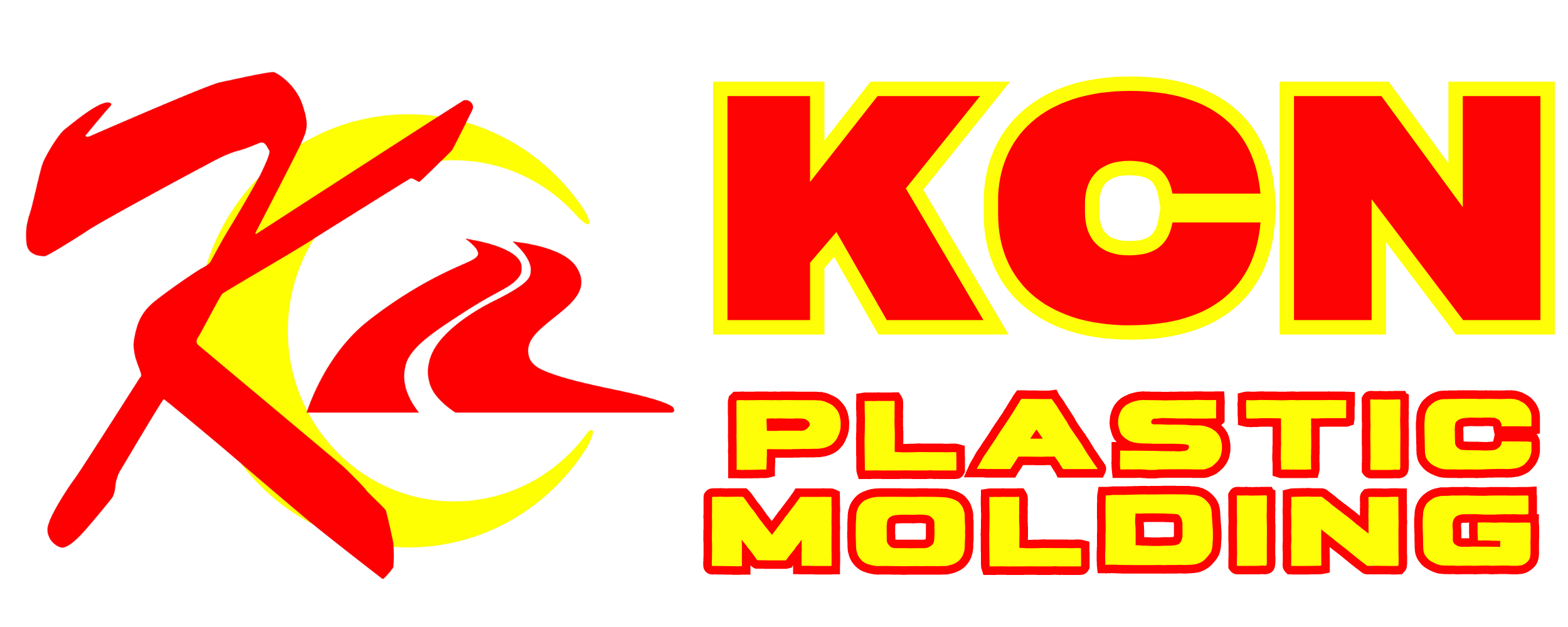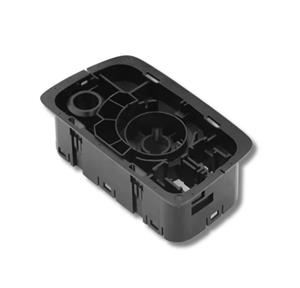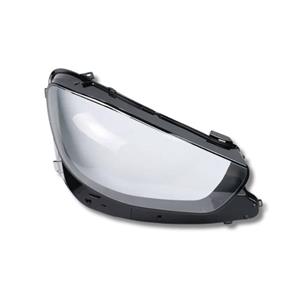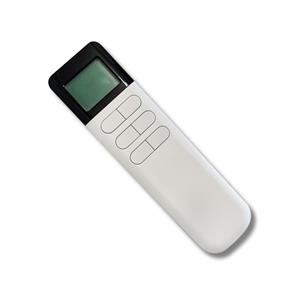What are the Commonly Used Materials for Injection Molding?
What are the Commonly Used Materials for Injection Molding?
Injection molding is one of the most widely used manufacturing methods for producing plastic components across industries. From automotive parts to medical devices and consumer goods, plastic injection molding mould technology provides a cost-effective way to achieve high precision, durability, and scalability. But one key factor that determines the success of any injection plastic moulding project is the material selection.
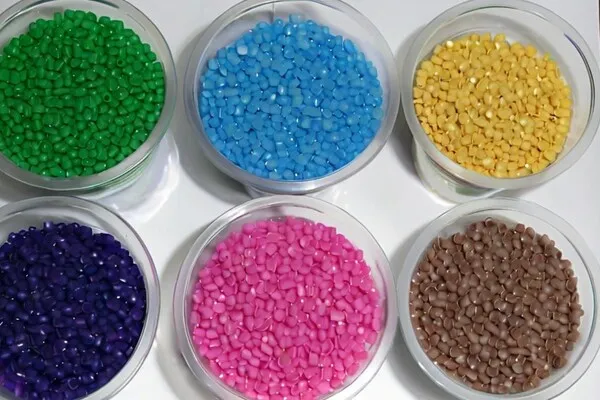
Choosing the right material not only affects the performance and appearance of the final product but also impacts the efficiency of the production process. In this article, we will explore the commonly used materials for injection molding and why they are suitable for different applications.
1. Polypropylene (PP)
Polypropylene is one of the most common materials in plastic injection mould manufacturing. It is lightweight, chemical-resistant, and has excellent fatigue resistance. PP is often used for packaging products, automotive components, household goods, and medical containers.
Advantages: Low cost, flexible, and recyclable.
Applications: Food packaging, medical syringes, automotive bumpers, and consumer storage boxes.
2. Acrylonitrile Butadiene Styrene (ABS)
ABS is a versatile thermoplastic widely used in precision plastic injection mould applications because of its strength and toughness. It has a glossy surface finish and excellent impact resistance, making it a favorite in electronics and consumer products.
Advantages: High impact resistance, easy to process, good dimensional stability.
Applications: Electronic housings, toys (like LEGO bricks), automotive dashboards, and appliance parts.
3. Polycarbonate (PC)
Polycarbonate is known for its transparency and high strength. It is often used when durability and impact resistance are critical. Due to its optical clarity, PC is a popular choice in injection mold projects requiring transparent or see-through components.
Advantages: Excellent toughness, optical clarity, and heat resistance.
Applications: Safety glasses, automotive lighting, medical devices, and water bottles.
4. Nylon (Polyamide, PA)
Nylon is a strong engineering plastic with excellent wear resistance and high tensile strength. When used in plastic injection molding mould production, it is often reinforced with glass fibers for added durability.
Advantages: High strength, good abrasion resistance, and chemical resistance.
Applications: Gears, bearings, automotive components, and industrial machine parts.
5. Polyethylene (PE)
Polyethylene, available in various grades such as LDPE (low-density polyethylene) and HDPE (high-density polyethylene), is widely used in everyday products. It is flexible, lightweight, and resistant to chemicals.
Advantages: Cost-effective, flexible, good moisture resistance.
Applications: Bottles, toys, piping systems, and packaging films.
6. Polystyrene (PS)
Polystyrene is a transparent and rigid thermoplastic often used in consumer packaging and disposable products. When modified into High Impact Polystyrene (HIPS), it gains extra toughness and versatility in injection plastic moulding projects.
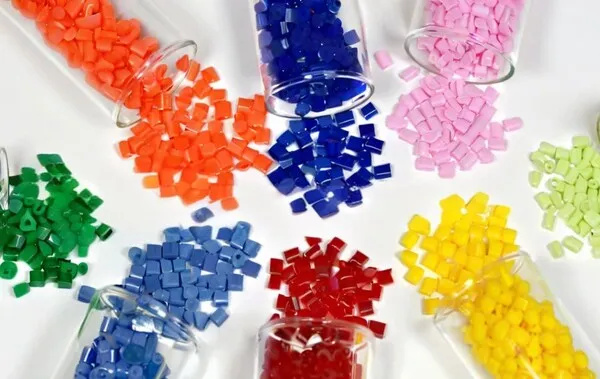
Advantages: Cost-effective, easy to process, clear or opaque finish.
Applications: Food packaging, laboratory ware, and consumer electronics housings.
The choice of material in plastic injection mould manufacturing is not just about cost—it directly impacts product performance, durability, and functionality. Whether using ABS for high-precision parts, PP for lightweight consumer goods, or PC for transparent components, manufacturers rely on the versatility of different thermoplastics to meet the demands of diverse industries.
By understanding the properties of these commonly used materials, businesses can make informed decisions and ensure that their precision plastic injection mould projects achieve the best possible results.
